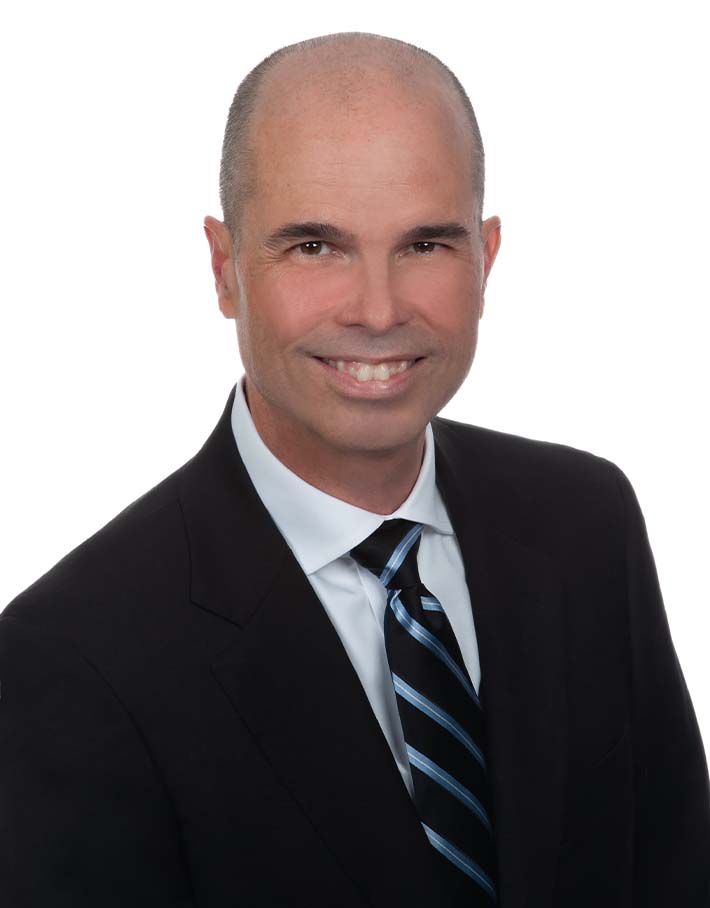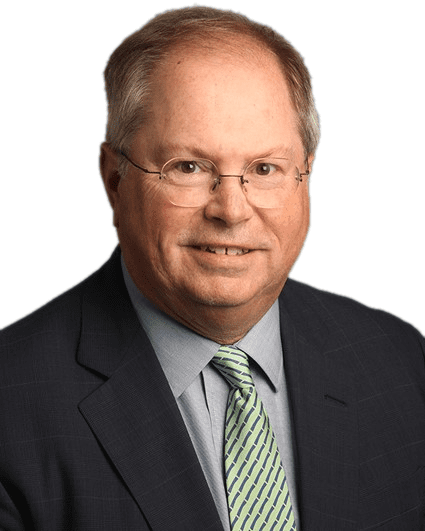History Provides Focus for the Future – A History of Equity Markets (Part 2)
By Buddy Doyle and Frank Childress
Subscribe to our original industry insights
Equity markets are changing so rapidly through products being offered, like digital assets, the technology used in trading, tracking and data management and the evolving regulations. In Part 2 of the series, Oyster’s experts, Buddy Doyle and Frank Childress take a peek into the history of the US equity markets so we can learn what questions to ask today.
Transcript
Transcript provided by TEMI transcript services
Libby Hall: Welcome to the Oyster stew podcast. I’m Libby Hall CommuniCATions Director at Oyster Consulting. In today’s podcast, Oyster experts, Buddy Doyle, and Frank Childress continue their look back into the history of the US equity markets so we can learn what questions to ask today. Let’s get started.
Buddy Doyle: But I do think we’re still evolving from the financial crisis and we’re evolving for, in addition to that, new technologies and new changes that remind me of even more modern outcomes of new technologies and new changes. And I think you’ve got to keep in mind, this stuff takes years to get done, 1929 to 1940 for the Investment Advisors Act and Investment Company Act. It sounds like a long time, but we’re still dealing with some things in DOD, Frank, about fiduciary duties and regulatory harmonization and things like that. And so I think it’s really kind of leading to consequences, and nobody likes consequences.
Frank Childress: Yeah. I think a couple things that really resonated with me is that the unintended consequences of some of the regulatory actions, and as we look at the big one that looms over us today is CAT and public information and client information that ultimately will get placed there. There’s a lot of concern around privacy and access to privacy and people safeguarding that information to the best of their abilities. The other thing is sort of the velocity of change and, you alluded to this a bit, that there are some things that are changing so quickly, other things that aren’t moving necessarily as quickly. And you think about today’s world, we hear the word democratization of the markets and access to the markets with innovations like providing so much access, but you run into some of the FinTech world and these newer developments.
You have a lot of brilliant technology minds that don’t understand a regulatory framework that essentially wants to hit the pause button on their development, and they want to move as fast as they possibly can. And the regulators want to tap the brakes a little bit to make sure that nothing unintended is happening, but there’s a little collision that takes place along the way. And we’re still working that out, whether it’s crypto or fractional shares or whether it’s Elon Musk and Tesla’s. He pushes the envelope and on a number of different fronts. So it’s fascinating to watch and a lot of opportunity and a lot of challenges and some disruption along the way, which is always interesting. So even with the fractional shares, we’re discovering some kind of nuanced challenges where you think about something simple, like a price correction for a stock. Well a price correction for a national order doesn’t result in essentially a price change. It results in more of that particular stock that notional value went a little bit further, which has some operational implications. It has potentially some tax implications. And so these are all sort of nuanced things that we’re discovering as we go, as we slide into this world of fractional shares.
Buddy Doyle: Yeah, it really does. And you’ve got to continue to evolve your perspective as a result. I think, Frank you ran a pretty big trading operation, a successful one. But when you think about materiality, do you think about it differently, given how much you’ve seen people investing to be able to trade a fractional share? Whereas, you know, if you think about it in larger terms, a fractional share has been historically meaningless to most institutions. And that drives new definitions. I mean, it really does. You have to ask yourself, what does that do to make other things different? So it’s very interesting to see how these transitions are going to go, and you’re going to end up, like you usually end up with a barbell of people on one end in a big way, people on another end in a big way until one end gets a lot larger than the other.
And it’s lopsided. And I think we’re going through some of that. And as we’ve tried to solve these problems that we create with progress, we create more problems. And the thing that we need to try to use the past is to determine what are the problems that we’re creating. What are the problems we created when the New York stock exchange went from a member owned mutual organization to for profit organization? Well, they became for profit. That has some consequences that led to some new rules around what you can do in that world. But if you go to the New York Stock Exchange and you have the ability to do that, it’s a lot different than the 80’s New York stock exchange that you went to. The basketball floor is still the same, but the media is all over the place.
More so than trader, there’s the CNBC stand, there’s the Fox business stand, there’s Bloomberg TV, right? They’re all set up there. It’s a great backdrop for what’s going on there, but most of the action is at their data center. And I think that the way the street has organized itself with dark pools and payment for order flow and trying to get that best execution for the retail investor has changed how we operate and led to more problems. And it’s going to continue to do that. So I think the thing that listeners really need to do is ask themselves, what is the impact of some of these rules that are proposed, some of these rules that are in place, some of the technology that has happened, the market structure issues that have happened.
And technology is a wonderful thing. These robots are fantastic. They do exactly what you tell them to do, but sometimes there’s scenarios, you haven’t contemplated that make the robots do things that you need to get control around. And so I think we all rely on our computers every day to do what we expect them to do. But if you’re a trading firm and Reg SCI tells you somebody’s responsible for that, some human being has to commit to the fact that that new algorithm’s going to work. They’re on the hook. These systems aren’t perfect, which is why you give overrides, but do you give overrides to the person that completely understands when you override the control what can that lead to? It could lead to a firm being done as a firm. And we’ve seen that before. I think it’s really kind of an interesting thing to look back over time and say, high frequency trading, that really got hot after the financial crisis, is you go back to the beginning of dot, and super dot, and sots, and remember sots bandits, right?
Suddenly you’ve got quotes out there that you’re putting, and people are getting in front of you, right? And because they’ve got transparency, they’ve got knowledge that they didn’t use to have, and they take advantage of that knowledge. How are you going to keep your private information private in a world of transparency to make sure somebody doesn’t step in front of you? It’s a really interesting time for the market. Technologies are changing and some of the big things that people are looking at today, I think, they lose track of how long it takes to actually get these things to replace what we’ve done before. The fact that we had NASDAQ get created didn’t lead to the end of traders on the floor of the New York stock exchange. It started the end of traders on the floor of the New York stock exchange, but it takes a long time for things to change.
Blockchain will not replace the plumbing of the current marketplace for a long time, if ever it may plug into the current marketplace in some way in form and fashion. And it already does, but it will not replace it because that plumbing’s really important. And a lot of people are using it and until they’re done, it’s not over. And so I think when you go through these transitions, the end of the mutual fund of business happened with the ETF business, except I was just talking to somebody that does a lot of mutual funds in their business. So it doesn’t, it doesn’t mean it it’s the end. It might be the beginning of the end, but I think it’s really asking yourself right from the past. We can learn what questions to ask today.
Libby Hall: Thanks again for listening to the Oyster Stew podcast. Don’t forget to follow us on whatever platform you listen to so we can continue to help you make the best decisions for your firm. If you’d like to learn more about our services, please visit our website www.oysterllc.com. Have a great day.




